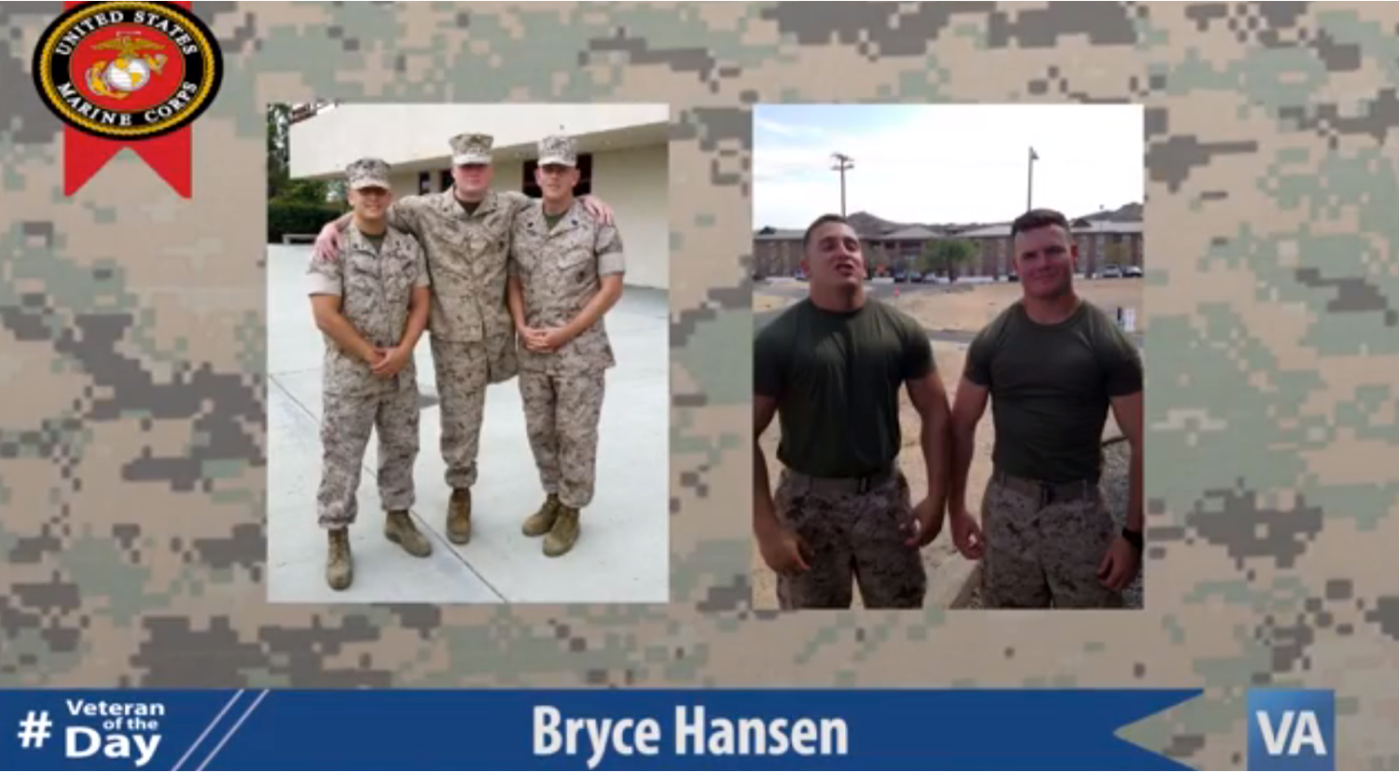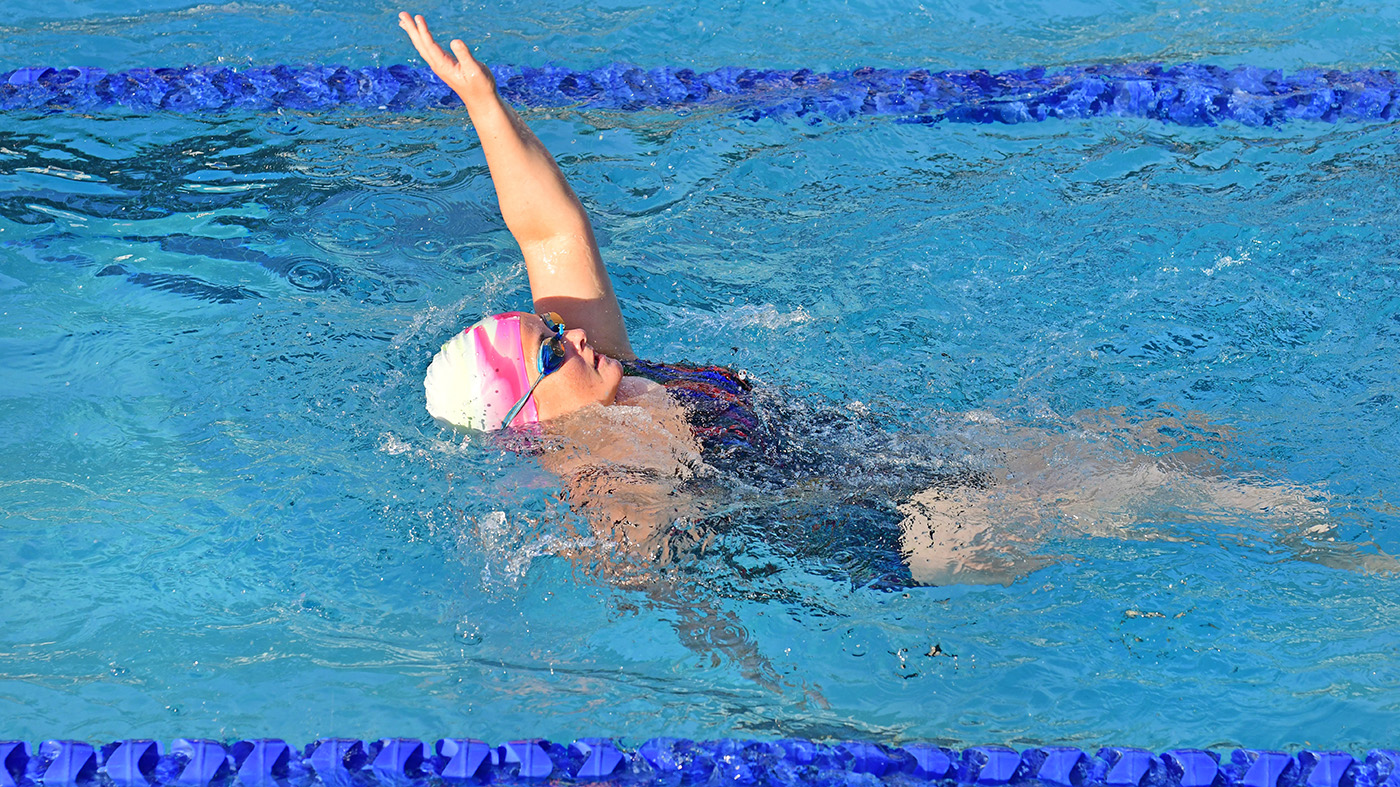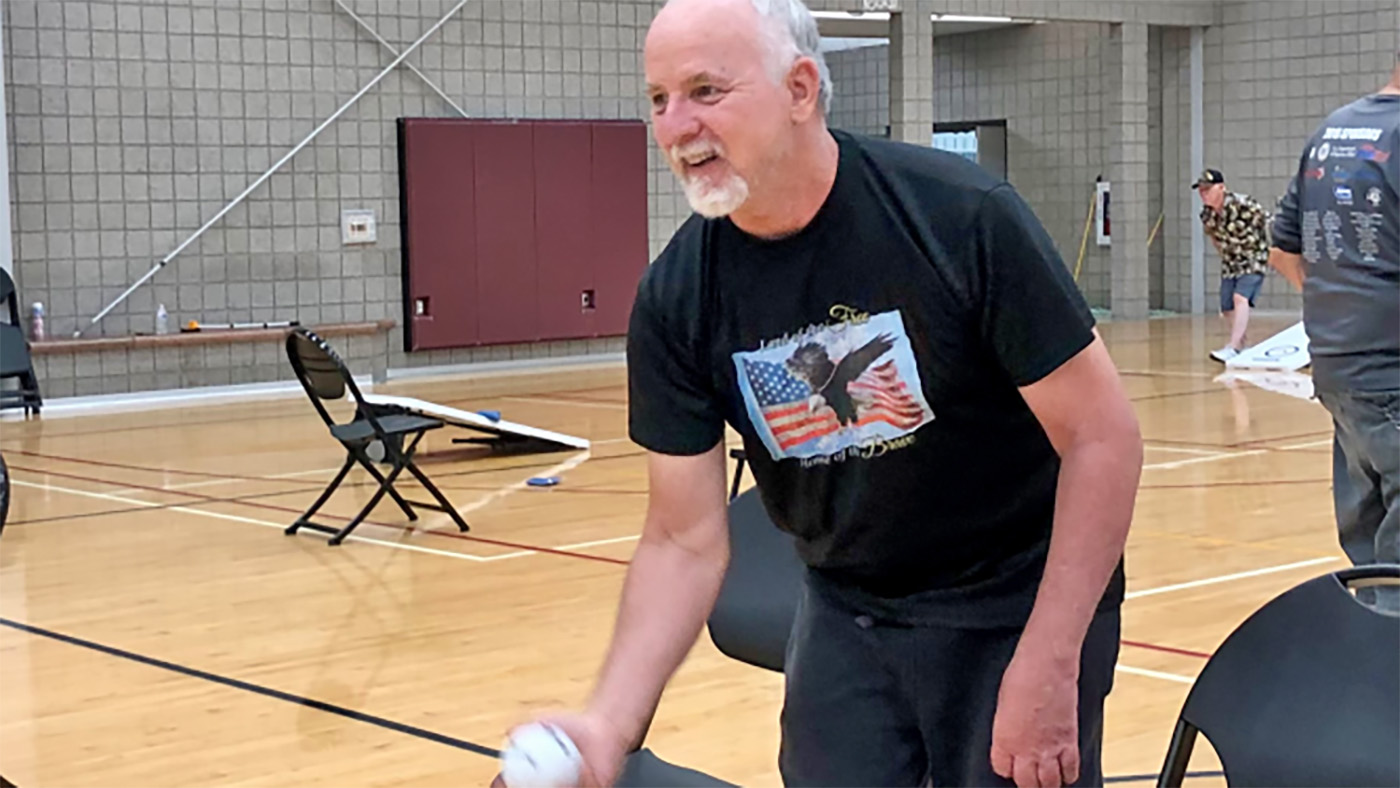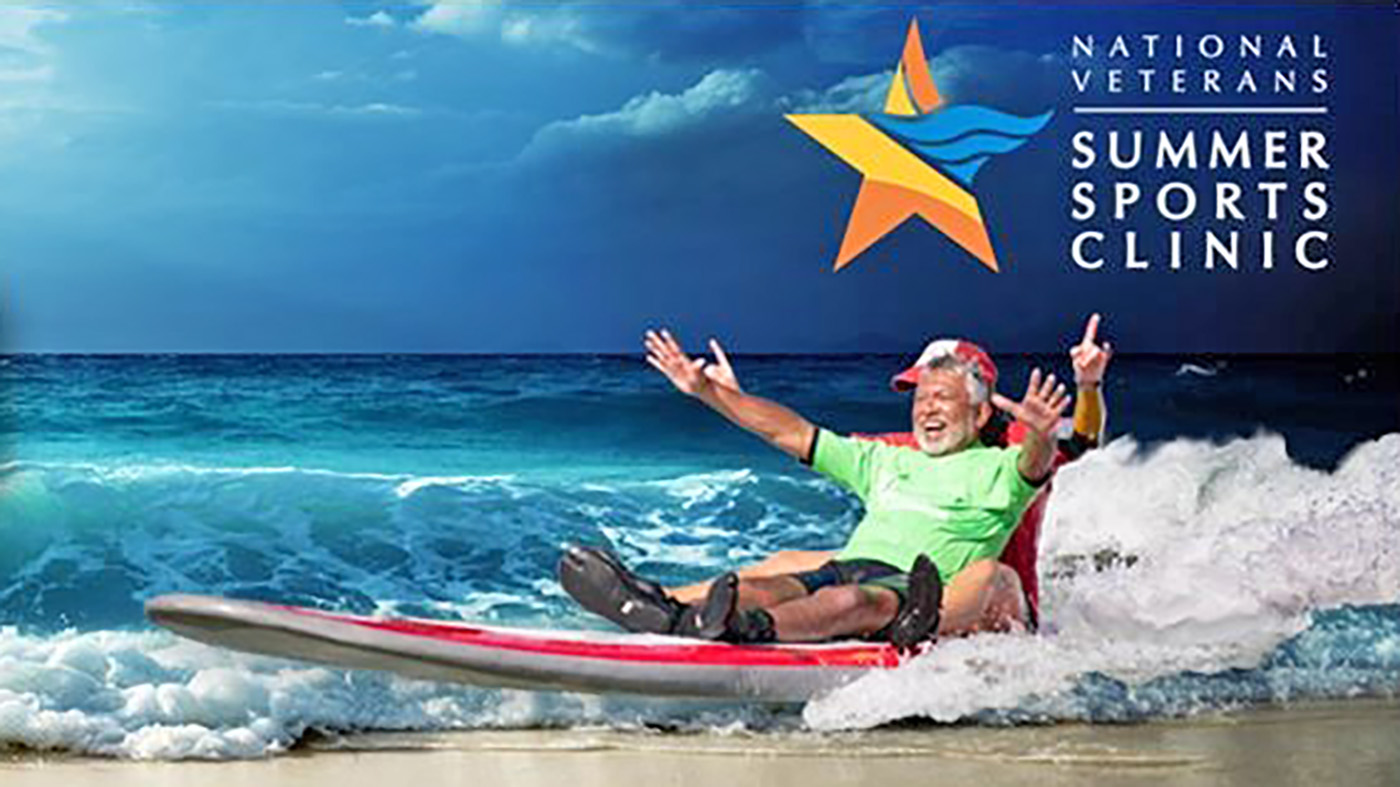The day Bryce Hansen lost his left leg started like any other. The Marine Corporal stationed at Marine Corps Air Station Yuma woke up, put his uniform on, and went to work. It was late 2013, and Hansen was a Data Network Specialist looking forward to his first deployment. He’d only been in the fleet for about 8 months, and the Marine Corps suited him.
As Hansen started his motorcycle and headed into Yuma, his thoughts were about his duties of the day and hanging out with his friends that night. He never even saw the car that ran the red light and hit him.
“One instant, I was riding my motorcycle,” said Hansen. “The next, I was waking up in a hospital, about 20 days later.”
Hansen is one year post-injury now. Bright and optimistic, he has set himself on a path to success, but it wasn’t always that way.
“I was depressed,” he said. “It was devastating to be 19 years old and suddenly not have one of my legs. I guess you just don’t think it can happen to you.”
But Hansen didn’t allow himself to stay down for long. He recognized that some of his fellow Marines had it worse than he did, and he made a conscious decision to stay upbeat, help his fellow Marines recover, and boost the morale at the hospital.
Following his medical retirement from the Marine Corps, Hansen started work at a financial firm as a portfolio trader and immediately got back into the gym. He had been a strength trainer prior to his accident, and he was anxious to get back in shape. He also met well-known Veteran advocate Annie Desalernos, the Adaptive Sports Program Supervisor for the City of Sacramento.
“The Department of Veterans Affairs funds many of our programs through its adaptive sports grants”, said Desalernos. “As soon as I saw Bryce, I told him to pack his bags because he was heading to Yosemite with our group.”
Indeed, only 10 days later, Hansen joined a group of 7 other disabled Veterans on a rock-climbing trip to Yosemite National Park. It was there that the world of adaptive sports opened up for him.
“I didn’t realize what all was out there,” said Hansen. “It’s incredible to see all the sports opportunities that exist for Veterans with disabilities.”
Last week, Hansen competed in the Valor Games Far West in Oakland, California, one of 4 annual Valor Games events where disabled Veterans can learn about and compete in adaptive sports. And compete he did, winning 2 gold medals including one in the power lifting competition. Of all the adaptive sports Hansen is now involved in, lifting is his first love. He hopes to get involved in the Paralympic Powerlifting program and continue his sports journey.
If you’re a disabled Veteran who hasn’t yet found a sports program, Hansen has a message for you.
“I was there,” he says. “You have to know that your life hasn’t ended. You can do so many things. It’s ok to have those days, but then you have to get out there and kill it!”
The U.S. Department of Veterans Affairs supports hundreds of adaptive-sports programs in locations around the nation each year. If you are a disabled Veteran, find your sport and get involved at www.va.gov/adaptivesports
Topics in this story
More Stories
West Virginia mom builds confidence at the National Veterans Wheelchair Games.
Air Force Veteran Mark Wager overcame a stroke and is now competing in the 2024 National Veterans Golden Age Games.
Clinic offers a wide range of adaptive sports activities tailored to Veterans with physical and mental challenges.






